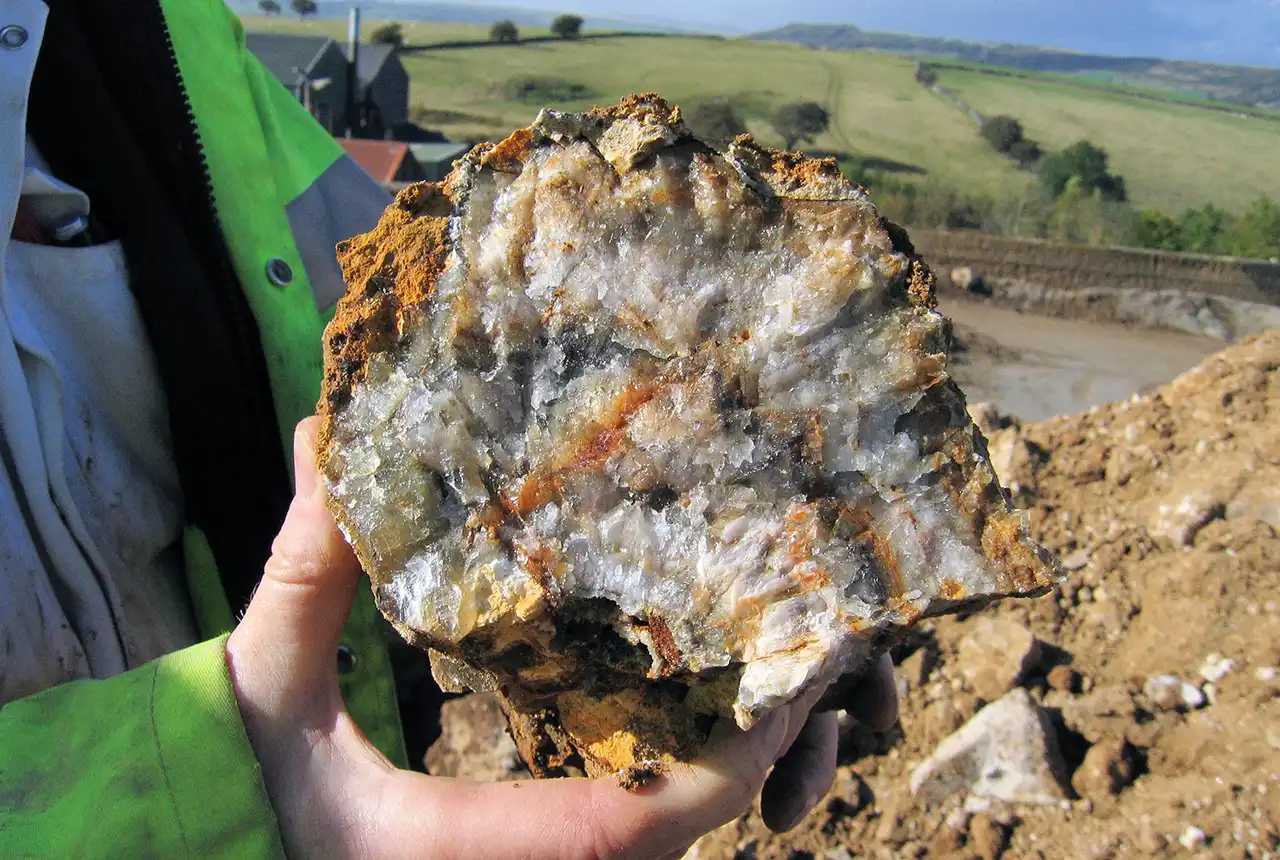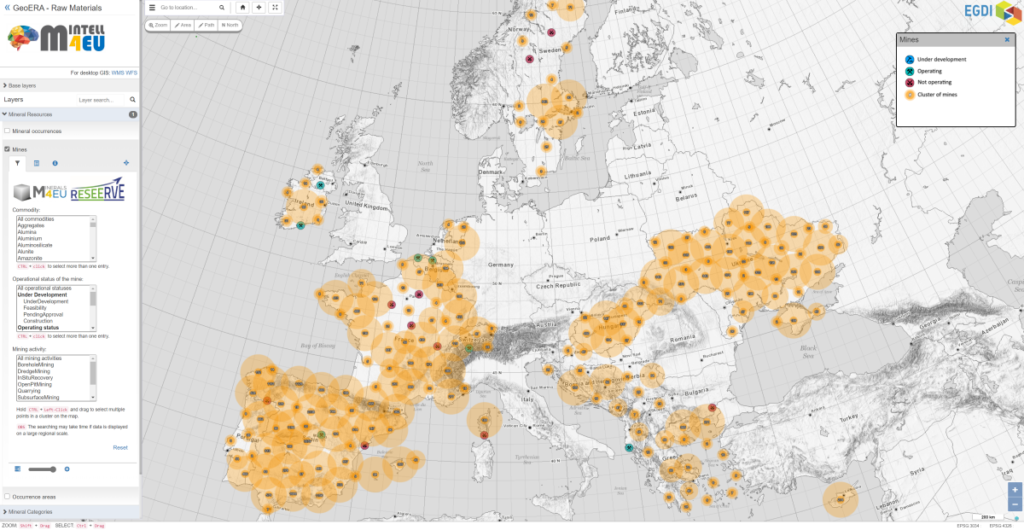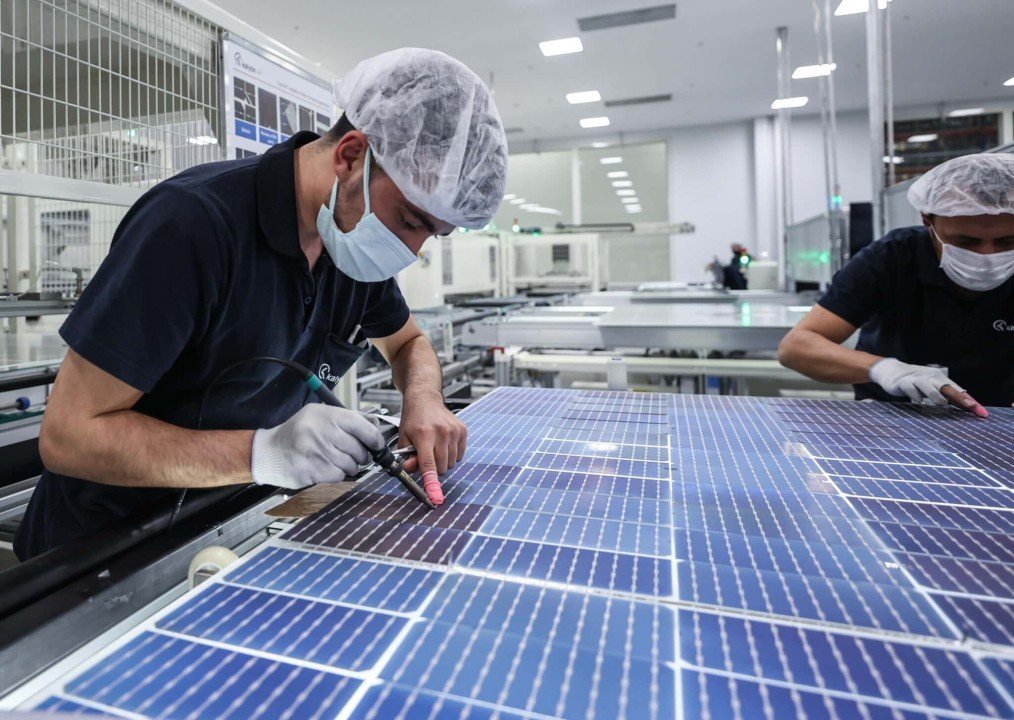Industrial Minerals in Europe

Europe remains a central hub for the production and consumption of industrial minerals , playing a vital role in sectors like construction, glass manufacturing, paper production, and chemical processing.
Industrial minerals—naturally occurring non-metallic minerals used in industrial applications—are essential to Europe’s economy and green transition. From silica sand used in solar panel production to kaolin in eco-friendly paper manufacturing, the demand for high-quality industrial minerals continues to grow.
The Role of Industrial Minerals in European Industries
Industrial minerals are the unsung heroes behind many everyday products. In Europe, they support a wide array of industries:
- Construction : Limestone, gypsum, and clays are used in cement and plaster production.
- Glass Manufacturing : High-purity silica sand is critical for producing glass for buildings, vehicles, and electronics.
- Paper & Coatings : Kaolin and calcium carbonate improve the brightness and texture of paper and coatings.
- Chemicals & Plastics : Talc and mica are used as fillers and reinforcing agents.
With sustainability at the forefront of European policy, the industrial minerals sector is evolving to meet stricter environmental regulations and circular economy goals.

Countries like Germany , France , and Spain lead in production, while Scandinavian nations are investing heavily in sustainable extraction and processing technologies.
Market Drivers and Future Outlook
The European industrial minerals market is being shaped by several key factors:
- Green Energy Transition : Demand for minerals used in batteries, insulation, and renewable energy infrastructure is rising.
- Digitalization : Smart mining and automated processing are improving efficiency and reducing waste.
- Supply Chain Localization : Post-pandemic, there’s a growing trend toward sourcing industrial minerals locally to reduce dependency on global imports.
According to recent market reports, the European industrial minerals market is expected to grow steadily through 2025, driven by innovation and sustainable practices.

Frequently Asked Questions (FAQs)
Q1: What are the most commonly used industrial minerals in Europe?
A: Some of the most widely used industrial minerals in Europe include limestone, silica sand, kaolin, talc, gypsum, and calcium carbonate.
Q2: Which European countries are leading in industrial mineral production?
A: Germany, France, Spain, Italy, and Sweden are among the top producers of industrial minerals in Europe.
Q3: How is Europe addressing sustainability in industrial mineral extraction?
A: Through stricter environmental regulations, investment in green technologies, and increased recycling and reprocessing of minerals.

